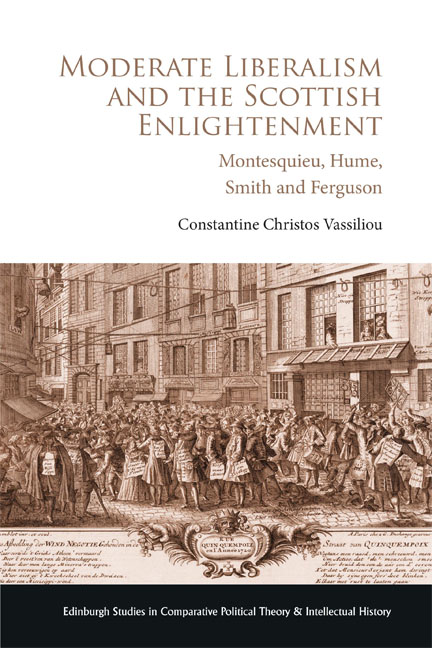Civic spirit is the desire to see order in the state, to feel joy in public tranquility, in the strict administration of justice, in the security of the magistrates, in the prosperity of those who govern, in the respect paid to the laws, in the stability of the monarchy or the republic.
Montesquieu, Treatise on DutiesBut the line dividing good and evil cuts through the heart of every human being.
Alexander Solzhenitsyn, The Gulag Archipelago, 1918–1956A meaningful tension lies throughout Montesquieu's works. In The Spirit of the Laws, he states that virtue, or the love of the laws and the homeland, is a principle contrary to human nature, which requires constant self-renunciation. As such, it is an unreliable passion for anchoring the political community. Yet, he bemoans contemporary citizens’ smallness of stature compared to the ancients. He laments ‘The things that were done in those governments that we no longer see and that astonish our small souls.’ In My Thoughts, Montesquieu more poignantly writes: ‘When one thinks about the pettiness of our motives, the baseness of our means, the avarice with which we seek out vile rewards, the ambition – so different from love of glory – one is astonished at the difference in spectacles, and it seems that, ever since those two great peoples ceased to exist, men have lost a few inches in stature.’ Notwithstanding Montesquieu's nostalgia for the classical politics of Athens and Rome, his emphasis on stature reveals an important philosophical insight, which intimates the possibility of fulfilling greater human capacities that once flourished during antiquity. If Montesquieu rejects the classical republican vision of politics on both practical and theoretical grounds, as we have seen in his rejection of James Harrington's political project, what are the more human qualities of past ages that could be revived? The following two chapters will examine Montesquieu's and his Scottish counterparts’ response to this question.
Scholars have argued that Montesquieu doubted the practicality of loftier forms of honour and virtue in a world of small souls. They unearth a theory of honour which aims to approximate Mandevillean virtue, whereby individuals pursue their private interests, unwittingly serving the public interest.
